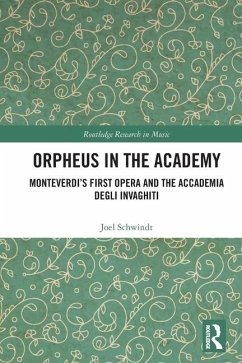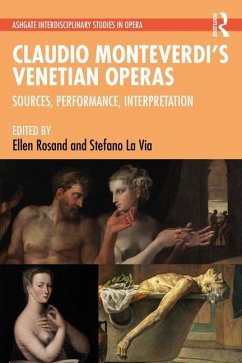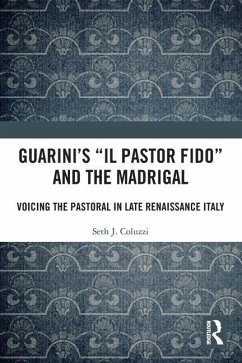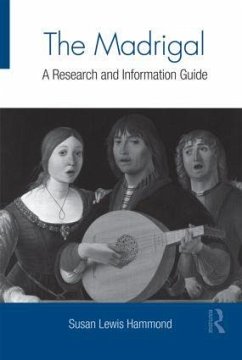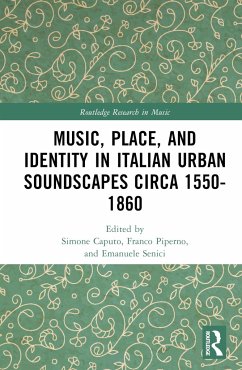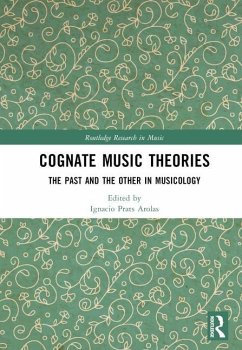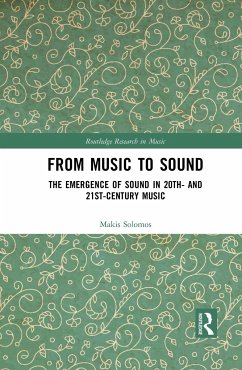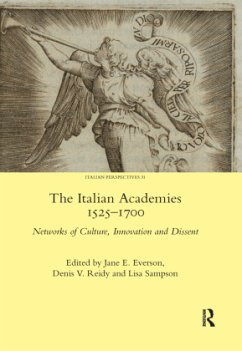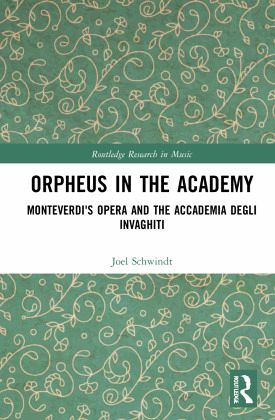
Orpheus in the Academy
Monteverdi's First Opera and the Accademia degli Invaghiti
Versandkostenfrei!
Versandfertig in 6-10 Tagen
154,99 €
inkl. MwSt.
Weitere Ausgaben:

PAYBACK Punkte
77 °P sammeln!
This book introduces a new perspective on Claudio Monteverdi's Orfeo (1607), a work widely regarded as the 'first great opera', by exploring the influence of the Mantuan Accademia deglia Invaghiti, the group which hosted the opera's performance, and to which the libretto author, Alessandro Striggio the Younger, belonged. Arguing that the Invaghiti played a key role in shaping the development of Orfeo, the author explores the philosophical underpinnings of the Invaghiti and Italian academies of the era. Drawing on new primary sources, he shows how the Invaghiti's ideas about literature, dramatu...
This book introduces a new perspective on Claudio Monteverdi's Orfeo (1607), a work widely regarded as the 'first great opera', by exploring the influence of the Mantuan Accademia deglia Invaghiti, the group which hosted the opera's performance, and to which the libretto author, Alessandro Striggio the Younger, belonged. Arguing that the Invaghiti played a key role in shaping the development of Orfeo, the author explores the philosophical underpinnings of the Invaghiti and Italian academies of the era. Drawing on new primary sources, he shows how the Invaghiti's ideas about literature, dramaturgy, music, gender, and aesthetics were engaged and contested in the creation and staging of Orfeo. Relevant to researchers of music history, performance, and Renaissance and Baroque Italy, this study sheds new light on Monteverdi's opera as an intellectual and philosophical work.




